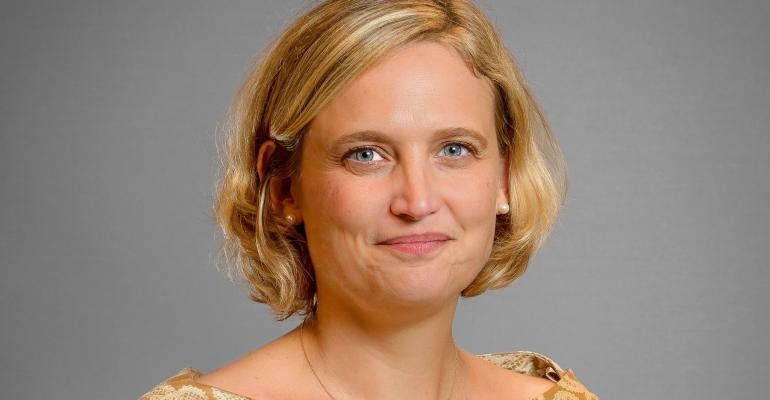'It’s time to stop talking to each other about how great we are and to start talking to the others how great we are,’ Laurent said.
Amplify your voices
She called on ports, destinations, suppliers and service providers in the audience to ‘amplify your voices.'
The CLIA Europe DG added, ‘You have to get out of your comfort zone and talk to politicians and to the local population and make them understand cruising is an integral part of their society and their economies.’
Top tips
Seatrade Cruise News caught up with Laurent this week to ask her to provide top tips and advice on how to increase the industry’s outreach to the local authorities as well as city and tourism stakeholders to better communicate on the impact of cruising on the local community.
‘CLIA is looking at implementing a more systematic approach to our engagement with destinations. At a time where our societies in Europe are concerned about the future of their economy and of the planet, the cruise industry needs to come together to highlight the contributions our sector can bring to the communities where we operate,’ commented Laurent.
Here are Laurent’s top tips:
1) Identify your key stakeholders
Identify key stakeholders in city councils, regional authorities, and those in charge of tourism development and transport policies. As cruise activities are often not accounted for in tourism policies developed at local level, we need to ensure there is a better integration between cruise activities and the overall sustainable tourism planning of the regions and cities where we operate.
2) Get the facts right
Often cruise tourism represents a very small part of the overall tourism flows in cities or regions. Being able to rely on clear data on the patterns of operations and economic benefits is important to reinforce that cruise tourism is managed tourism that can support the sustainable economic development of communities.
3) Focus on the people
Beyond the data, the cruise industry supports the livelihoods of thousands of people and their families. We need to tell their stories of how cruise activities help them to sustain their businesses in sometimes remote coastal areas or communities with economic challenges.
4) Show them what you’ve got
The cruise industry is investing massively in new environmental technologies. This includes shore-side electricity connection capability, best in class waste recycling facilities, the use of sustainable marine fuels and many other features that can be seen onboard. CLIA and its members are committed to supporting our partners in the destinations by organising ship tour visits to showcase our investments and capabilities.
5) Listen to challenges and concerns
No two destinations are the same and it is this uniqueness which enriches the cruise experience. This also means that local challenges can vary greatly depending on the geographical and urban planning configurations, as well as the infrastructure. We need to listen to these concerns and have a structured dialogue with communities to look at practical solutions tailored to their specific needs.
‘The CLIA commitment is also to facilitate exchange of good practices between the destinations and help highlight the successes we have had in engaging with different communities. The cruise industry can count on CLIA’s support and commitment to support this dialogue and to work together towards a sustainable cruising future,’ Laurent concluded.
Copyright © 2024. All rights reserved. Seatrade, a trading name of Informa Markets (UK) Limited.
Add Seatrade Cruise News to your Google News feed.  |

